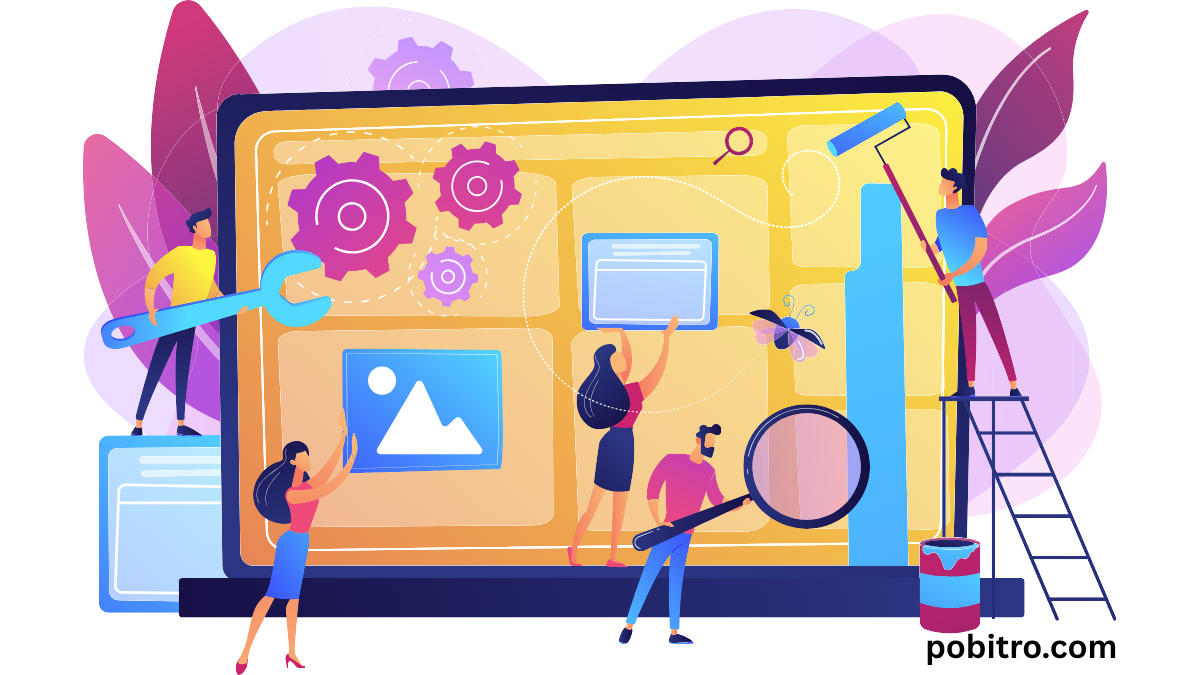Have you ever wanted to start a blog but felt worried by the technical stuff? That was me just a few time ago. I had a voice, a story, and a desire to share—but zero coding skills. Today, I’m writing this post from my own blog: Pobitro.com.
Here’s how I did it—and how you can too.
🌐 Step 1: Choosing the Right Platform
When I started, I explored many options like Blogger, WordPress and Medium. But I chose WordPress for three reasons:
- It’s free and open-source (unlike Blogger and Medium)
- You can control your content
- It grows with you
🔎 Tip: If you’re just testing the waters, try WordPress.com. But for more freedom, go with WordPress.org and self-host.
🏠 Step 2: Buying Domain & Hosting
My blog needed an identity. So I registered the domain Pobitro.com. Then I got hosting from a reliable provider that supported WordPress with 1-click install.
What you need:
- A domain (yourblogname.com)
- A hosting service (like Namecheap, Godaddy, Hostinger, or SiteGround)
It cost me around $30–50 for the first year. Worth every Taka.
🎨 Step 3: Installing WordPress & Choosing a Theme
Once the hosting was ready, I installed WordPress in one click. No code, no fuss.
Then I picked a simple, clean theme that matched my writing style. Don’t overthink this. You can change it anytime.
📌 I use the free “Astra” theme — fast, minimal, and customizable.
📝 Step 4: Creating My First Blog Post
This was the most exciting part.
I wrote about something I knew and felt. It wasn’t perfect, but it was mine.
✅ My advice? Just write. Hit publish. You’ll improve over time.
I used tools like:
- Grammarly – to fix my grammar
- Canva – to create cover images
- Google Docs – for drafting ideas
🔒 Step 5: Securing and Optimizing the Blog
I added some must-have plugins:
- Yoast SEO – to help Google find me
- Jetpack – for traffic stats and basic security
- UpdraftPlus – to back up my blog weekly
🧠 What I Learned
- You don’t need to be a techie to blog
- Your story matters more than your tools
- Consistency beats perfection
📣 Final Thoughts
Starting this blog has changed how I think, write, and even learn. If you’ve been thinking about blogging—just start.
Your voice has value. You don’t need permission.
💬 Over to You
Have you ever thought about starting a blog?
What’s holding you back?
Drop a comment below or connect with me—I’d love to hear your story.
Would you like a featured image and meta description for this blog post too?
